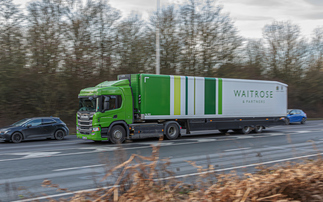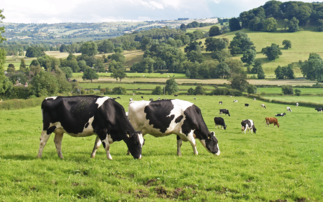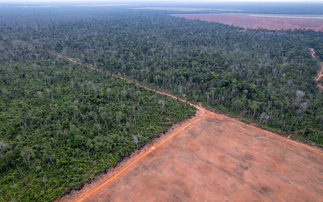With many farmers yet to go organic, demand may soon exceed supply
Despite recent public commitments made by big businesses, the cotton industry is facing a struggle to increase its global production of organic produce. Organic cotton - which can be manufactured to the...
To continue reading this article...
Join BusinessGreen
In just a few clicks you can start your free BusinessGreen Lite membership for 12 months, providing you access to:
- Three complimentary articles per month covering the latest real-time news, analysis, and opinion from Europe’s leading source of information on the Green economy and business
- Receive important and breaking news stories via our daily news alert
- Our weekly newsletter with the best of the week’s green business news and analysis







